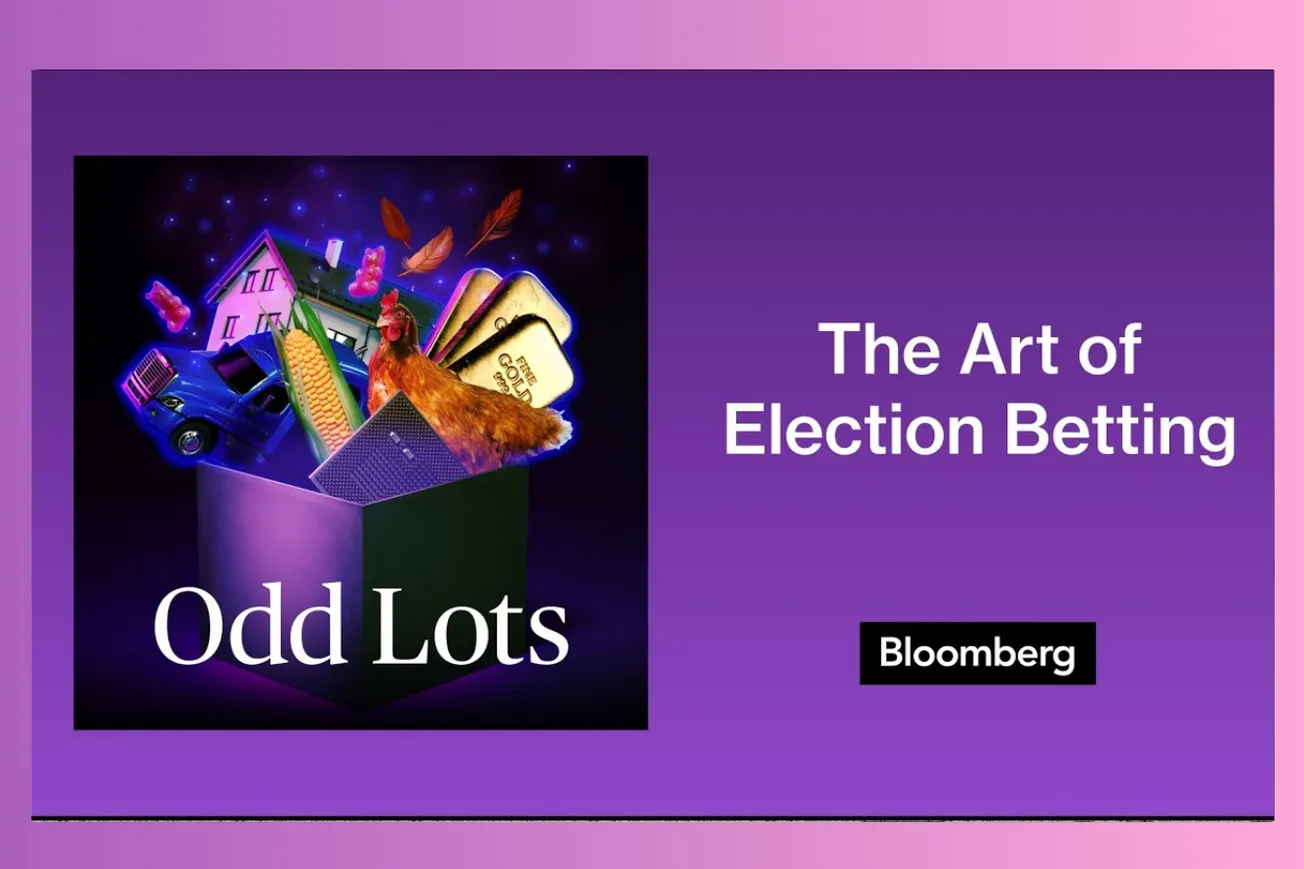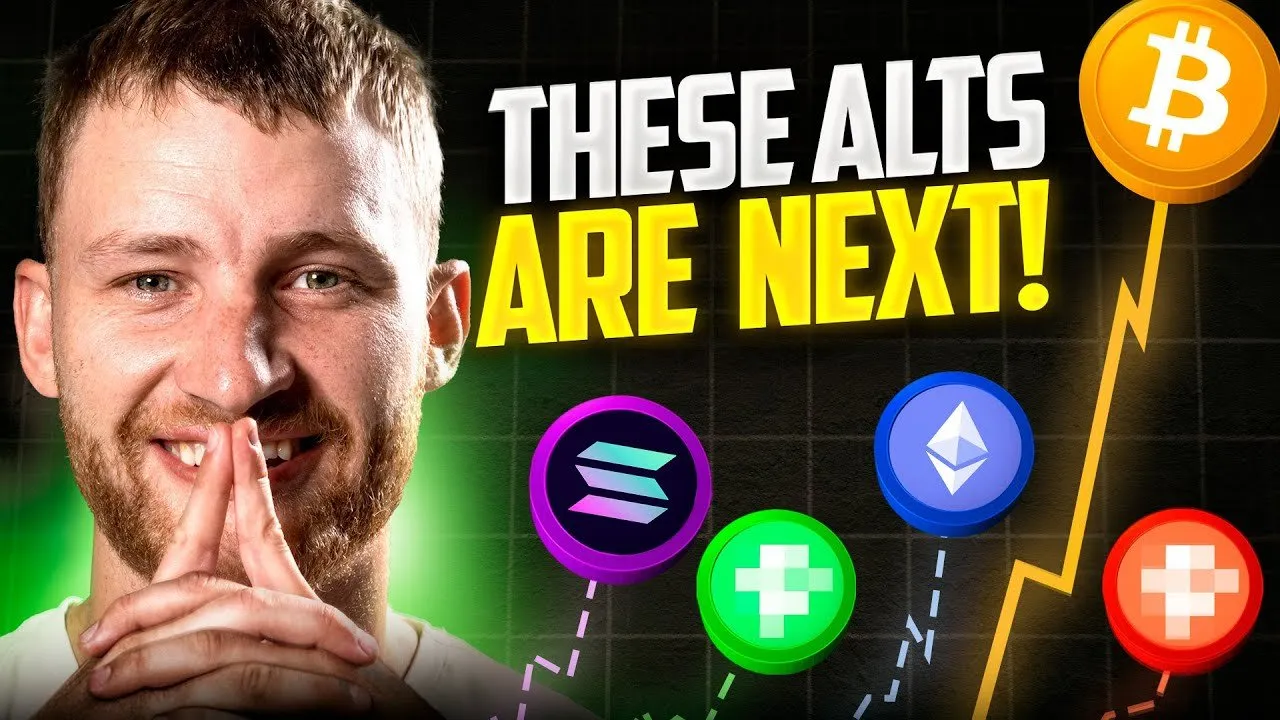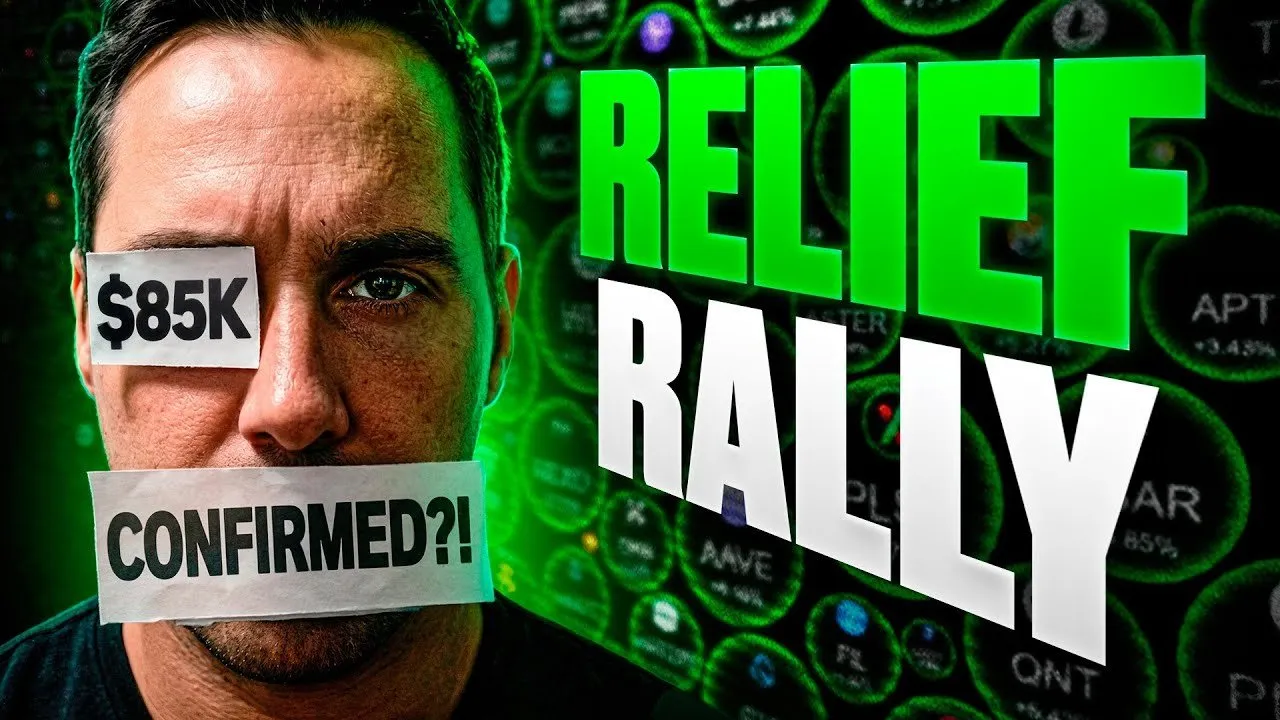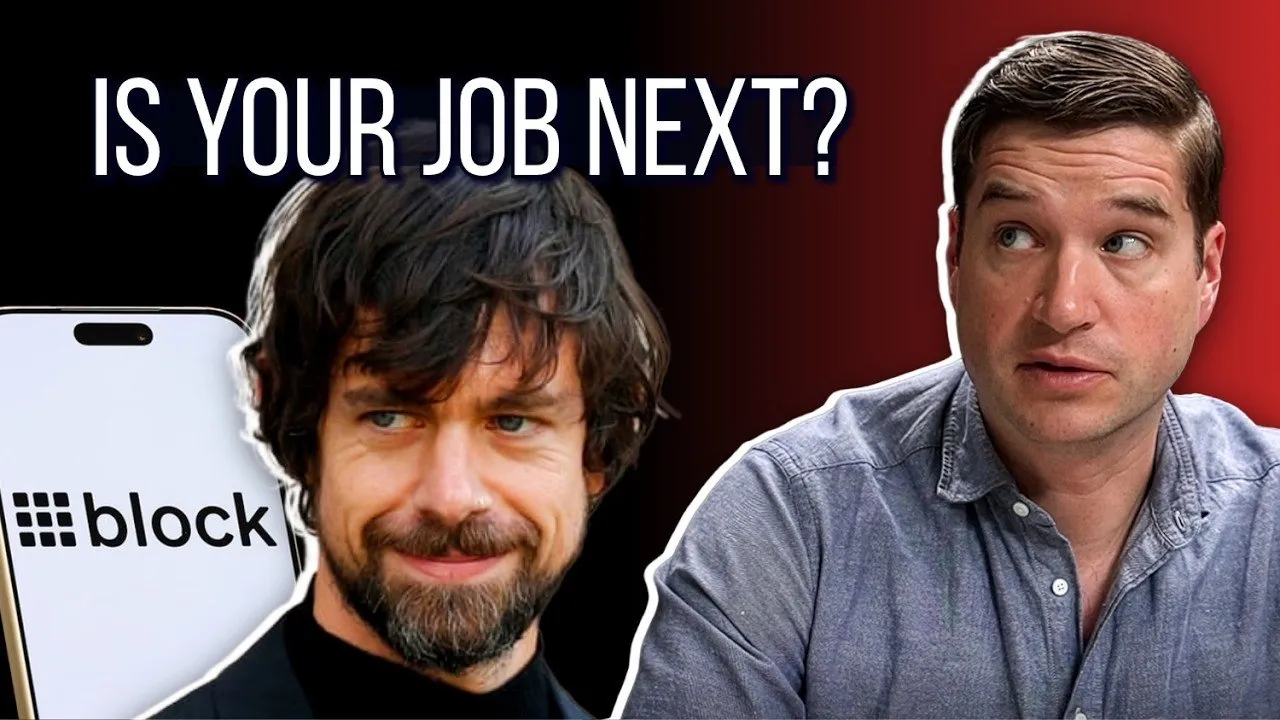Table of Contents
Prediction markets reveal the collective wisdom of traders betting real money on political outcomes, offering unique insights beyond traditional polling and punditry for election forecasting.
Key Takeaways
- Prediction markets quantify uncertainty by aggregating bets from traders with financial incentives to be accurate
- Professional poker players excel at prediction markets due to their intuitive grasp of probability and risk assessment
- Market volume and trader sophistication determine prediction accuracy, with institutional money improving calibration significantly
- Political betting serves as economic hedging since election outcomes directly impact various market sectors and policies
- Demographic skews in prediction market participants may create systematic biases toward certain political outcomes
- Real-money markets consistently outperform play-money platforms in generating reliable probability estimates for future events
- Current 2024 election markets show Harris and Trump in virtual dead heat around 50-50 odds
- Regulatory uncertainty limits US participation, forcing American traders to use proxies like Trump-related stocks and cryptocurrencies
Timeline Overview
- 00:00–12:30 — Hosts' Probability Confusion: Joe and Tracy discuss their personal struggles with understanding percentages and probabilities, using examples like Biden's 10% dropout odds that became reality
- 12:30–18:45 — Meet the Experts: Introduction of Nate Silver and Maria Konnikova as poker professionals and probability experts, explaining their backgrounds in gambling and forecasting
- 18:45–28:15 — Market Mechanics Explained: How prediction markets differ from traditional bookmaking through continuous price discovery versus manual line adjustments by humans
- 28:15–38:30 — The Psychology of Uncertainty: Why human brains resist probabilistic thinking and prefer binary outcomes, plus how financial stakes sharpen decision-making processes
- 38:30–48:45 — Professional Trading Strategies: Different approaches including arbitrage, momentum trading, fundamental analysis, and the importance of volume for market accuracy
- 48:45–58:20 — Regulatory Challenges and Access: US legal restrictions forcing VPN usage, insider trading concerns, and comparison with international prediction market participation
- 58:20–67:35 — Current Election Analysis: 2024 Harris-Trump race showing 50-50 odds, Electoral College bias toward Republicans, and market demographic skews affecting predictions
Understanding Prediction Market Mechanics
- Prediction markets operate like stock exchanges where participants buy and sell contracts based on future event outcomes, with prices reflecting collective probability estimates. Unlike traditional bookmaking where humans manually adjust odds, these markets use automated price discovery through continuous trading activity.
- The core value proposition mirrors any financial market with rational price discovery, where traders have monetary incentives to make accurate predictions rather than wishful thinking. Maria Konnikova emphasizes that "if I forced you to put money down on an opinion or a thought you would actually start homing in on those instincts" because financial stakes force more careful analysis.
- Market prices represent probabilities in the long run - a 40% price means that event would occur roughly 40 times out of 100 in similar circumstances. This mathematical framework provides concrete measurement for uncertain outcomes that traditional punditry handles with vague language.
- Treasury markets already function as successful prediction markets, betting on Federal Reserve decisions with significant money at stake and consistent accuracy. This precedent demonstrates that prediction markets work effectively for institutional decision-making processes.
- Professional traders bring sophisticated strategies including arbitrage across platforms, momentum trading, and model-based betting when market prices diverge from statistical forecasts. These approaches mirror traditional financial market strategies applied to political events.
- Volume drives accuracy since markets need sufficient participation from both smart and casual money to achieve proper calibration. Low-volume markets suffer from wide spreads and potentially manipulated prices from small groups of participants.
The Psychology of Probability and Risk Assessment
- Human brains naturally resist probabilistic thinking, preferring binary outcomes of zero or 100% rather than nuanced percentage estimates. Tracy Alaway's admission that she doesn't "intuitively understand probabilities" reflects widespread cognitive challenges with uncertainty quantification.
- Poker players develop exceptional probability intuition through thousands of hands, learning to feel percentage differences as precisely as 1% margins. This experiential learning translates directly to prediction market success since both require rapid probability assessment under financial pressure.
- Putting money behind opinions fundamentally changes thinking processes, forcing deeper analysis than casual predictions. The psychological weight of potential financial loss creates more honest self-assessment of confidence levels and available information quality.
- Professional gamblers develop "uncanny intuitions for probabilities" through repetitive exposure to uncertain outcomes with immediate feedback. They literally internalize what different percentage chances feel like through muscle memory developed over extensive practice sessions.
- The multiverse thought experiment helps contextualize election uncertainty - imagining millions of parallel realities where small changes (butterfly ballots, assassination attempt trajectories) produce different outcomes. This framework makes 20-30% probability events feel more realistic and significant.
- Calibration improves when many people bet simultaneously, creating collective intelligence that exceeds individual judgment. Even participants who struggle with probability concepts contribute valuable information when their money creates accountability for their beliefs.
Professional Trading Strategies and Market Efficiency
- Sophisticated traders employ multiple approaches including fundamental political analysis, model arbitrage against forecasting systems, cross-platform price discrepancies, and momentum strategies based on news events. Each strategy requires different skill sets and information sources.
- Insider information creates ethical gray areas similar to stock trading, particularly when ESPN reporters bet on NFL draft outcomes or political insiders trade on advance knowledge. Some platforms explicitly allow insider trading to improve information incorporation, while others prohibit potential conflicts.
- Sharp money versus recreational betting dynamics mirror sports gambling, where professional bettors can exploit public biases during high-profile events. The Super Bowl attracts so much casual money that expert bettors find profitable opportunities by betting against popular sentiment.
- Volume requirements differ dramatically across event types - individual state election markets have lower liquidity than national races, creating potential edges for traders with specialized local knowledge but also higher risks from limited competition.
- Arbitrage opportunities exist between prediction markets and proxy investments like Trump-related stocks, cryptocurrencies, and sector-specific trades that correlate with election outcomes. These connections blur lines between political and financial betting.
- Market maturation brings institutional participation as hedge funds recognize political risk as market risk, with election outcomes affecting every economic sector. This professionalization improves accuracy but reduces opportunities for casual traders to find edges.
Current Election Dynamics and Market Analysis
- The 2024 Harris-Trump race shows remarkable stability around 50-50 odds across multiple platforms, with Silver Bulletin giving Harris 53% and Polymarket showing 49-49 splits. This convergence suggests well-functioning price discovery despite different methodologies.
- Electoral College mathematics likely favors Trump in close popular vote scenarios, creating systematic differences between national polling and actual victory probabilities. This structural bias requires sophisticated modeling that casual bettors might miss.
- Harris momentum following Biden's withdrawal created rapid market movements, but sustainability questions remain with three months until election day. Initial enthusiasm among Democrats may represent a temporary high-water mark rather than sustainable support.
- Republican-leaning bias in prediction markets reflects demographic skews toward male, crypto-oriented participants who may systematically overweight Trump's chances. This creates potential arbitrage opportunities for traders who can identify and exploit systematic biases.
- Historical patterns show Trump outperforming polling expectations in 2016 and 2020, creating market premiums for his victory that may or may not persist. However, 2022 midterm accuracy without Trump on ballots complicates pattern recognition.
- Proxy betting through Trump Media stock, Bitcoin, and Trump-themed cryptocurrencies provides alternative exposure for traders unable to access direct prediction markets, though these instruments carry additional risks and noise beyond pure election outcomes.
Regulatory Environment and Market Access
- US regulatory restrictions force American traders to use VPNs and stablecoins to access platforms like Polymarket, creating legal gray areas and limiting market participation. This regulatory uncertainty constrains liquidity and potentially skews participant demographics.
- CFTC opposition to prediction markets stems from legitimate concerns about manipulation of actual political events when significant money rides on outcomes. The potential for betting to influence behavior rather than just predict it creates serious ethical considerations.
- International markets face fewer restrictions, allowing broader participation and potentially better calibration, though US-focused events still predominantly attract American traders despite legal barriers. This geographic mismatch creates information asymmetries.
- Manifold's play-money approach avoids regulatory issues while maintaining active communities, though real money stakes generally produce superior accuracy. The platform allows radical transparency including insider trading to improve information incorporation.
- Professional traders must navigate varying legal environments across jurisdictions while managing currency conversion, platform security, and regulatory compliance risks. These operational challenges add costs that casual participants typically ignore.
- Future regulatory clarity could dramatically expand market participation and accuracy, but current uncertainty limits institutional involvement and prevents prediction markets from reaching their full potential as information aggregation mechanisms.
Prediction markets represent a powerful tool for quantifying political uncertainty, though their effectiveness depends on regulatory clarity and broad participation. The convergence of professional gambling expertise with political analysis creates unique insights that complement traditional forecasting methods.





